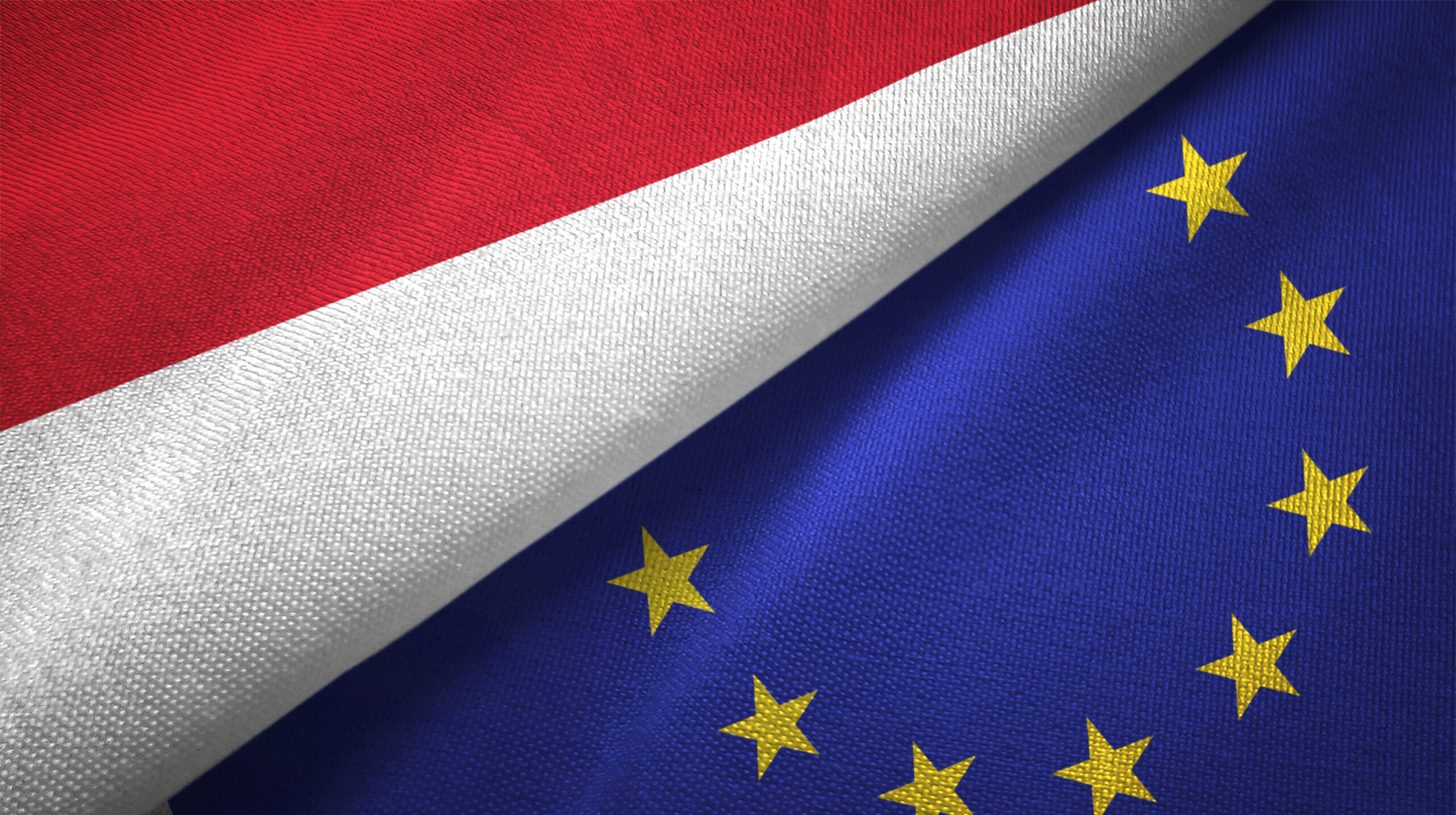What is the EU-Indonesia CEPA Agreement? On 23 September, the European Union and Indonesia finalised negotiations for the Comprehensive Economic Partnership Agreement (CEPA) and for an Investment Protection Agreement, the latter being the first of its kind in EU trade history. Commissioner Maroš Šefčovič’s efforts to diversify the EU trade partners, in the aftermath of the tariffs negotiations with the US and in an increasingly complex global trade framework, have successfully unlocked a deal put on hold in 2016, and long delayed over concerns about palm oil and deforestation, two issues that remain at the core of discussions. While the final document of the agreement is yet to be published, the Commission has made known that, once in effect, the CEPA will eliminate 98,5% of current tariffs, while completely liberalising 80% of trade flows at entry into force and 96% after five years. The trade partnership, worth €27.3 billion in 2024, will facilitate accession for EU enterprises to a market of 280 million people, and promises to offer opportunities across a wide range of EU industries.
Impact on EU Agrifood and Agricultural Exports
European agri-food industries will benefit from major exemptions on most of the European processed foods, meat and dairy products, which will be tariff-free at entry into force of the CEPA. Besides granting better access to European products in the Indonesian market, the deal ensures protection for iconic European agricultural products and safeguards to protect Europe’s agricultural sectors from Indonesian imports.
Nickel, Cobalt, and Raw Materials Supply Chains
The CEPA also entails a major step forward in opening trade and investment in energy and raw materials. By eliminating trade barriers on raw materials, prohibiting dual pricing, and restricting unjustified government interventions, the EU aims to secure critical raw materials and energy supply chains for European businesses in the long term. Stable, predictable access to materials such as nickel and cobalt, coupled with easier sourcing, promise new opportunities for European businesses.
Changes for Industrial and Pharmaceutical Exports
Moreover, the deal also entails major openings in sectors such as the automotive one, where tariffs on motor vehicles, currently up to 50%, will be gradually phased out over five years. In addition, major European exports such as industrial goods and pharmaceutical products will become largely duty-free as soon as the agreement takes effect, with complete tariff liberalisation expected within three to five years thereafter. The deal will kick start the export of the whole sector, including SMEs, who will benefit from online guides for market entry and improved digital rules for trade and cross-border data flow. On the other hand, Indonesian companies operating in the EU market will gain from increased access to the EU market, particularly for those operating in the textiles, footwear and palm oil industries.

Palm Oil Trade and Environmental Concerns
Palm oil is Indonesia’s greatest export after coal briquettes, worth around $30 billion in 2024. Its production has often been criticised by green NGOs and environmental groups as highly harmful for the environment due to deforestation practices, a backlash that has led the EU institutions to stall discussions with Indonesia for nearly nine years. While the agreement stresses the two partners’ collaboration to produce sustainable palm oil, these concerns seem at least postponed for now, as the EU prepares for more palm oil imports and proposes a one-year delay to its Deforestation Regulation. However, the palm oil saga is not settled yet, as this week the EU has appealed a WTO ruling that struck down its tariffs on palm oil in front of the body’s non-functioning appellate court, de facto halting the procedure and irritating Jakarta.
What the Investment Protection Agreement Means
The other agreement reached by the EU and Indonesia on September 23rd is the Investment Protection Agreement (IPA). The agreement establishes bilateral safeguards for investments while ensuring respect for each party to regulate, and it introduces a dispute resolution mechanism to ensure the removal of inconsistent measures. The Commission will now submit the agreement to the Council for adoption and signature, and later to Parliament. Once the Parliament has given its approval and Indonesia has completed ratification, the agreement can enter into force.
Wondering how the EU – Indonesia CEPA deal could impact your sector? Our trade and policy experts can help you navigate opportunities – get in touch today.